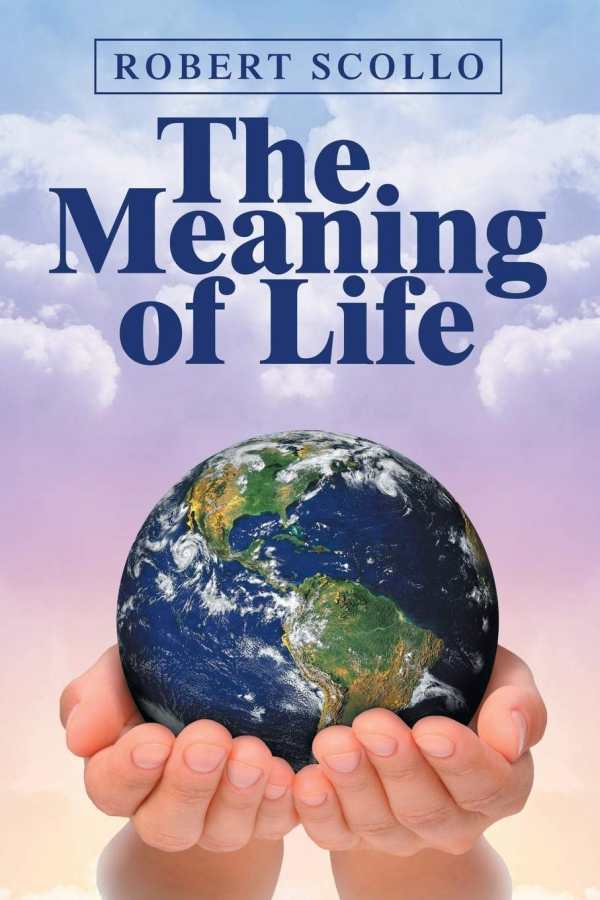
The Meaning of Life
The Meaning of Life is an fun political thriller that takes a blunt approach to looming moral questions.
Eighteen-year-old James is put through hell in Robert Scollo’s thriller, The Meaning of Life. Drenched in geopolitics, war, terrorism, and the extraordinary, this novel is a contemporary fairy tale about how one individual can change history.
James’s life is rotten with tragedy. In 1981, eighty miles outside of Los Angeles, his father, Charles, lost his parents in a car accident. Decades later, James faces a similar tragedy. However, James decides that suicide is the only way out of his personal misery. The moment is James’s personal nadir—and also the moment when he meets someone who reveals to him the world’s biggest secrets.
These are not run-of-the-mill secrets, either: James learns how to solve a majority of the world’s problems, and he uses this knowledge to deescalate a thermonuclear conflict. However, not everyone is enraptured with James’s clairvoyance. A cabal of international terrorists seek to undermine this golden chance for world peace, and they give James forty-eight hours to stop their diabolical plans.
This is a no-nonsense novel told in a plain and modern style. At times, its writing is stilted, and characters speak robotically. Chapters are short and digestible, though, and the story, which turns an average-become-fantastical man against the world’s evils, has popular appeal.
Charles and James are milquetoast heroes, neither memorable nor interesting. Charles spends most of his time rattling off pithy one-liners, while James does not say much of anything at all. Indeed, the first half of the novel focuses on Charles’s trials and tribulations, narrated via many four-letter words used to express his angst.
Scenes are set in staccato manner, their sentences rough as they parse characters and their moods. More elaborate scenes, such as the one set at the Bank of America Plaza in Dallas, read like parodies of spy thrillers, with furtive men in ties dropping off black briefcases containing deadly information.
Interest holds because of the story itself, with its tantalizing proposition: who wouldn’t want the power to solve the world’s problems and heal all wounds? The villains, if familiar, make sense: it’s logical that certain elements would see peace as bad for business. Despite its overarching doom and gloom, the novel ends in a feel-good, family-friendly way that finds James making humble choices.
The Meaning of Life is an fun political thriller that takes a blunt approach to looming moral questions.
Reviewed by
Benjamin Welton
Disclosure: This article is not an endorsement, but a review. The publisher of this book provided free copies of the book and paid a small fee to have their book reviewed by a professional reviewer. Foreword Reviews and Clarion Reviews make no guarantee that the publisher will receive a positive review. Foreword Magazine, Inc. is disclosing this in accordance with the Federal Trade Commission’s 16 CFR, Part 255.
